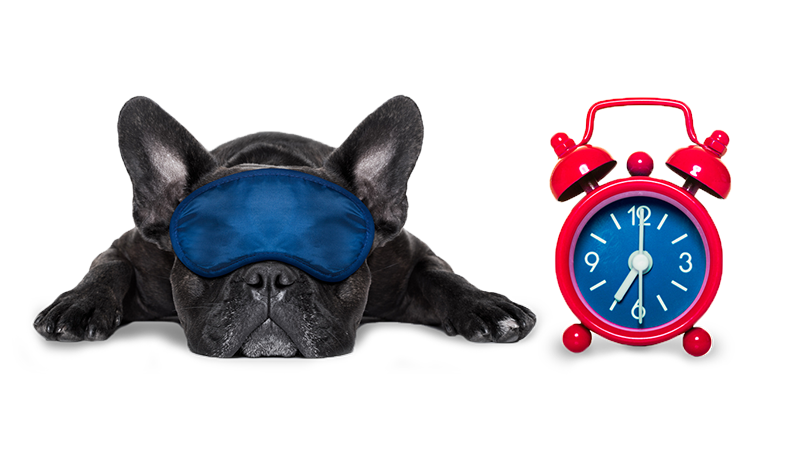I recently attended a wellness conference and one of the sessions was about sleep. When the presenter surveyed the room, I was surprised to see how many people were victims of sleepless nights or were “wired and tired” during the day. Sleep is so extremely important! It’s one of those aspects of wellness that tends to be ignored because we live in a culture that seems to believe that if you sleep a lot (aka the recommended amount) you’re perceived as lazy, or because of sayings like “I’ll sleep when I’m dead!”
One key takeaway from this conference is the importance of cutting out blue hue light before bed. Blue light mimics daylight, whereas warm light (more of a yellow hue) mimics the sunset, signaling the body to start to wind down. Blue light, found in cell phones, televisions, and tablets, can suppress melatonin production, which we need to sleep better. Even Apple has hopped on board with their Night Shift feature that displays a warmer hue that you can set to automatically switch to at a specified time. Soon, Philips will be releasing a light bulb with a controllable hue via their app.

Below are some other things that I learned during this sleep seminar:
How much sleep is needed? For adults, about 7.5 hours a night is best practice.
Why is sleep important? This is when the body repairs itself. Sleep decreases cortisol levels, helps boost the immune system, memory, and muscle repair from the day. There is a reason we need sleep. You can’t rule the world when your too busy yawning!
How do I get more/better sleep? Some people have trouble falling asleep. Some people have trouble staying asleep. I have tips for both. The Sleep Doctor, Dr. Michael Brues, has “5 Steps for Better Rest”:
- Know when to go to bed and stick to a schedule. Work backwards from when you wake up. Do you typically get up at 6:30 am? Then getting to sleep at 11:00 pm would earn you 7.5 hours of sleep (remember – you need time to wind down, so hopping in bed AT 11:00 pm probably isn’t the best). Best practice would be to stick to the same schedule 7 days a week!
- Remove caffeine from your diet at 2:00 pm. Caffeine stays in your system for up to 8 hours!
- Stop drinking alcohol within 3 hours of going to bed. Alcohol may make you tired, but it will prevent you from getting quality sleep.
- Don’t exercise within 4 hours before bed. Exercise does the opposite of what we do when we try to sleep: it raises the body’s temperature, increases heart rate, and produces adrenaline. Don’t hear me wrong. Get daily exercise for better sleep in general, but if you can fit it in earlier, it might help.
- Get sun in the morning. Dr. Michael Brues, PhD, says that getting 15 minutes of sunlight every morning will help regulate a person’s natural circadian rhythm and melatonin production.
Give these tips a try! What do you have to lose, besides a good night’s rest?